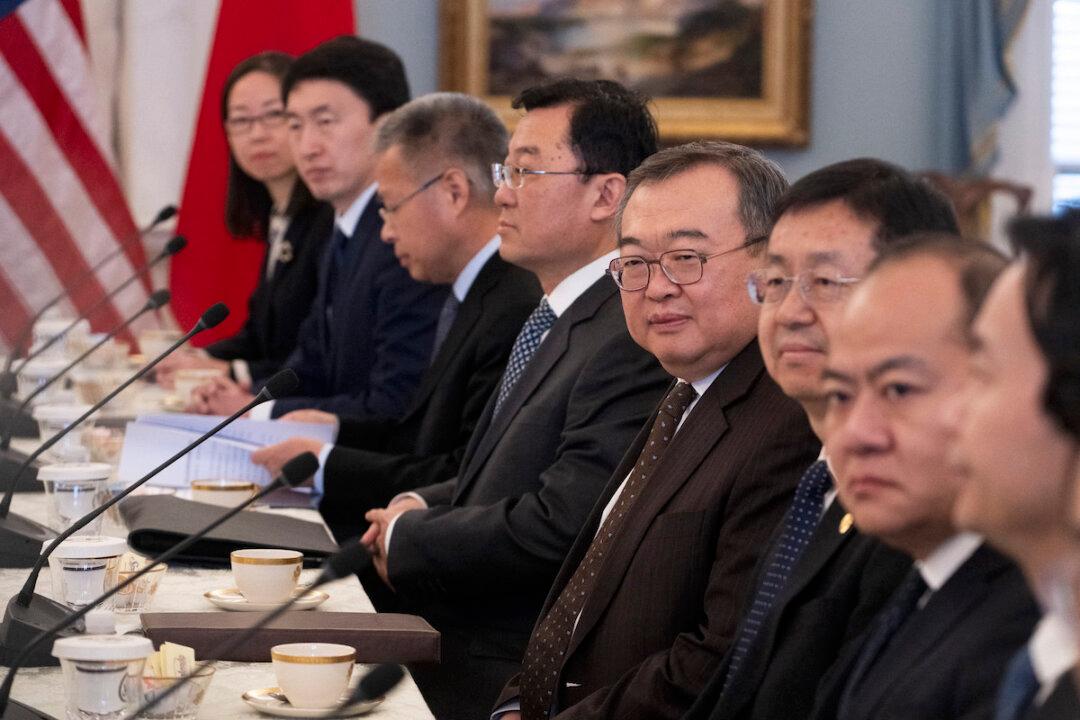Liu Jianchao, Minister of Liaison of the Central Committee, recently led a delegation to the United States before Taiwan’s presidential election. The liaison office is an intelligence agency of the Chinese Communist Party (CCP) responsible for overseas affairs. Mr. Liu took hold of the agency in 2022.
Political observers believe that at a critical moment before the Taiwan election, CCP leader Xi Jinping chose the chief of the Liaison Office to intervene at a high-level meeting with U.S. dignitaries to convey the CCP’s diplomatic stance on his behalf, to some extent, Mr. Liu was playing the role of a foreign minister.





